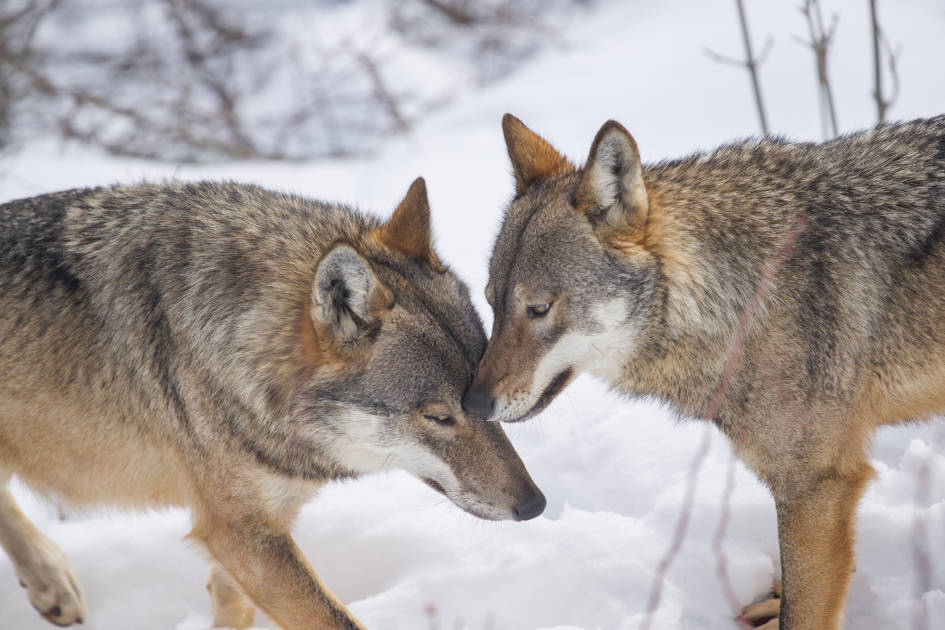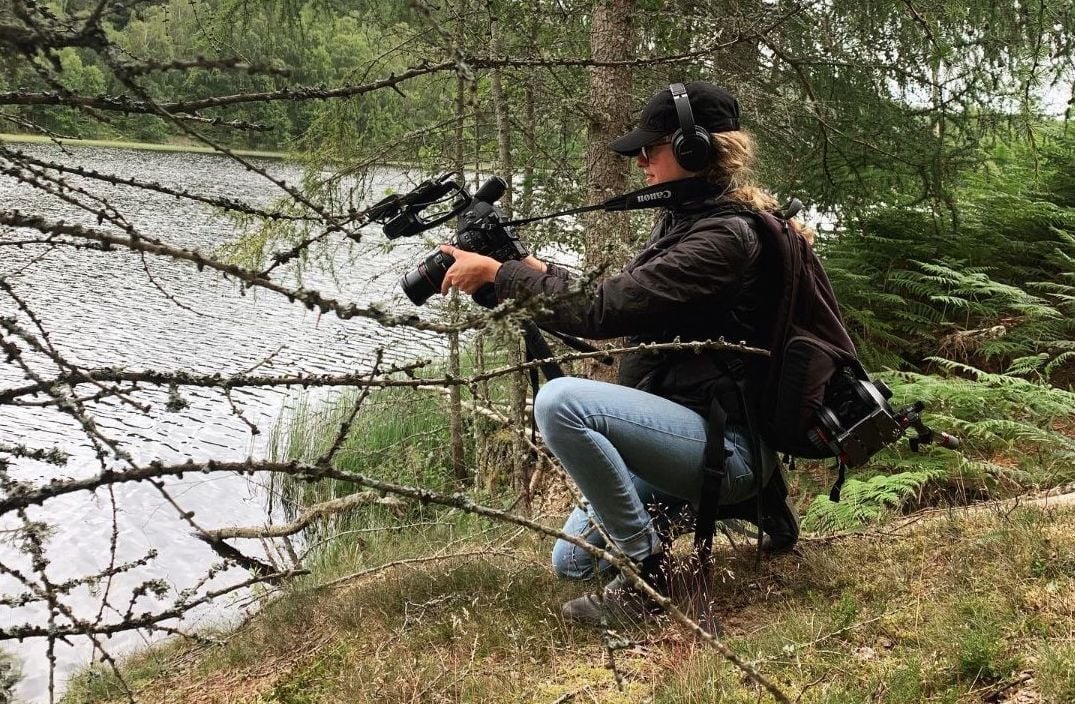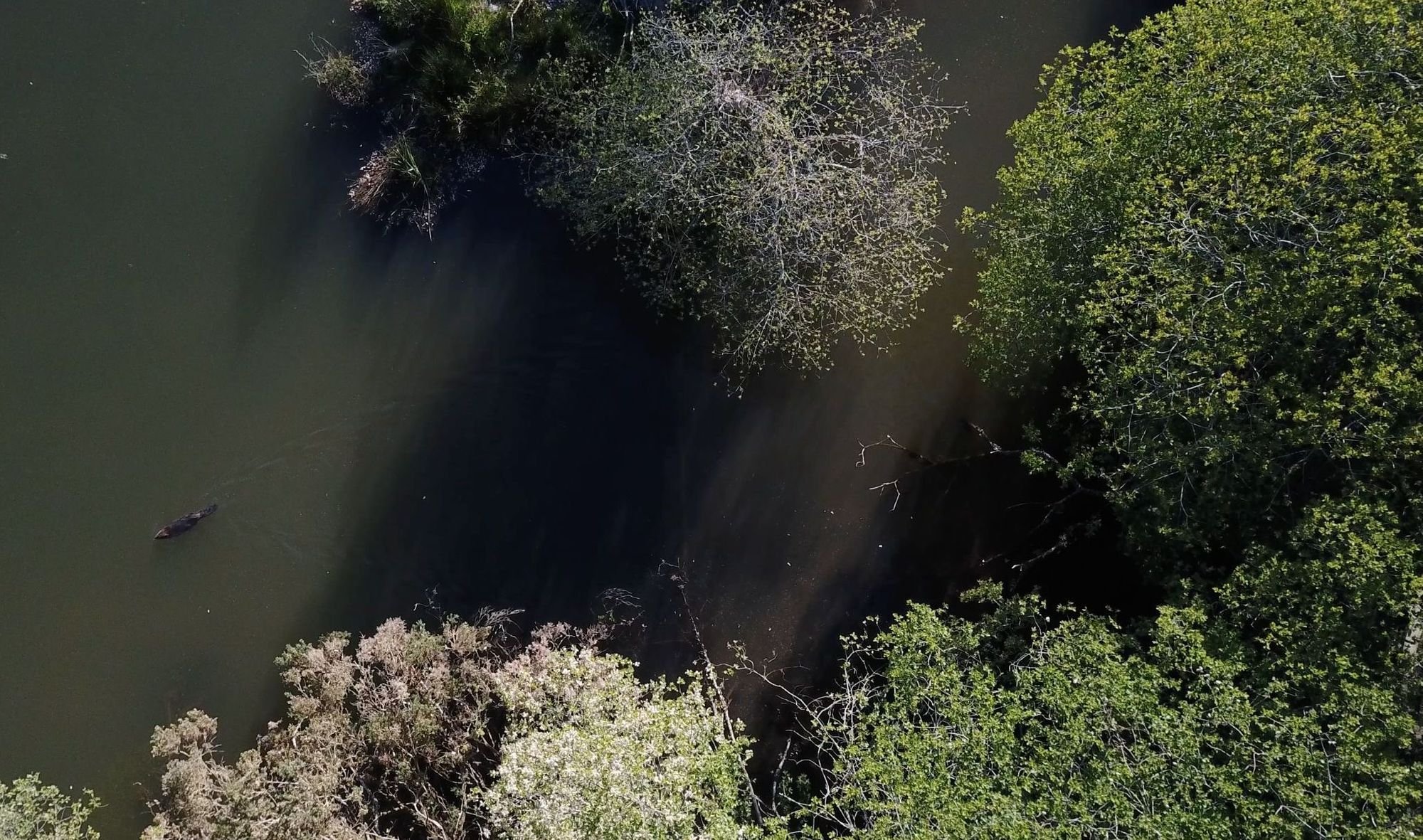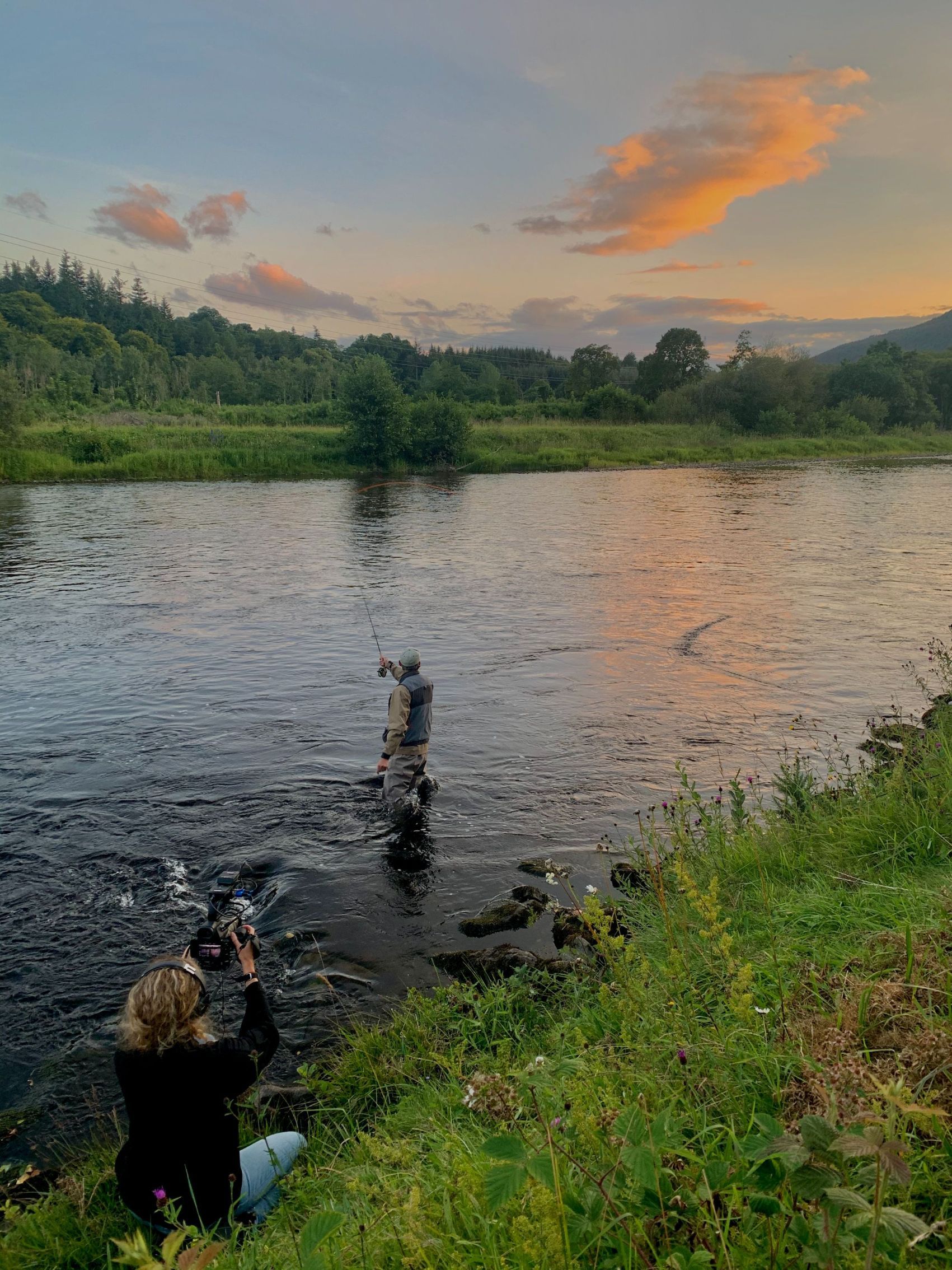Our Lunchtime Cinema pick for June is the engaging, informative and beautifully-shot 'Beavers Without Borders'. The 16-minute documentary follows science communicator Sophie Pavelle as she visits sites around Britain (and further afield) where beavers have been reintroduced, and sees the positive, transformative impact that the keystone species can have on their environments - bringing biodiversity back to previous barren land, as well as offering numerous other benefits.
Watch the film below, and then scroll on to read our interview with award-winning nature filmmaker Nina Constable, who wrote and produced the documentary in collaboration with Beaver Trust.
Nina Constable first became interested in beaver reintroduction around five years ago, when Chris Jones - who features in 'Beavers Without Borders' - first had the idea to have beavers on his land at Woodland Valley Farm. Jones wanted to introduce beavers to help with flooding downstream, and Nina got involved in the project to create a crowdfunder film to raise cash for beaver-proof fencing.
“The village was getting flooded,” says Nina. “I think they had three consecutive years in a row of pretty devastating floods.” Since then, Nina has worked closely with the Cornwall Wildlife Trust and shot footage for Countryfile and Autumn Watch. ‘Beavers Without Borders’ was actually the brainchild of James Wallace, CEO of Beaver Trust, with Nina coming on board to direct, write and produce.

“We’re doing all of these trials, but most of the beavers in the UK are behind fences,” says Nina. “There’s overwhelming evidence to show - not just here in the UK but also in other countries where they’ve got beavers out living wild, that wherever they are, the environment is better off for it. We wanted to make a film that was exploring some of these places like Bavaria, where they’re 20 years ahead of us, and to show what our future could be here in the UK.”

So, why beavers? The animals are ecosystem engineers, Nina explains.
“They transform the landscape around them,” says Constable. “The main reason they do it is for safety. They feel safest in deep water, where they can access areas without having to come onto land, but in doing so they create these wetland areas - and wetlands are the most biodiverse habitats on the planet. Within those wetlands you get everything from tiny invertebrates to fish to all the different animals that it attracts to feed. It’s a whole food chain.”
We wanted to make a film that was exploring some of these places like Bavaria, where they’re 20 years ahead of us, and to show what our future could be here in the UK.
Despite what CS Lewis might have you believe, beavers don’t actually eat fish either, and their relationship with trees is also more complex than most know.
“Beavers coppice trees,” says Nina. “They sort of manage the woodland and let light into an area so that other things can spring up. You’ll see in beaver projects that there are trees felled two or three years ago that now have these big shoots coming off them. These trees aren’t dead! The beavers create a really diverse habitat, and it’s a much more resilient environment too - to drought and flooding, and they also filter and clean the water as it passes through.”

Take a glass of water from the top of a river home to beavers, and then from the bottom, and you’ll notice the water downstream is visibly clearer. “There are really tangible examples of how beavers are improving these sites,” says Nina.
Facts are one thing. Getting people interested in them is another. That’s where films like ‘Beavers Without Borders’ comes in. “For me, storytelling has to be at the heart of any film that I’m making,” says Nina. “Especially when it’s a scientific topic, and also, when it’s a controversial topic - which beavers can be.”

Indeed, while the science backs up the argument for beavers in the UK, certain landowners fiercely oppose the reintroductions due to potential damage to prime agricultural land. Conservationists Trees for Life recently took NatureScot, a government agency, to court over their handling of beaver management in Scotland, where 87 beavers, including 10 kits under one year old, were killed under license in 2019 despite the animals receiving protected status. Trees for Life argue the animals should be trapped and moved where needed, not killed.
Beavers were once commonplace in Britain, but were hunted to extinction for their meat, fur and castoreum upwards of 400 years ago. Reintroductions of the animal around Europe have been hugely successful though, and Britain is now slowly following. Nina believes that public support for the restoration of nature and native species is only growing stronger in the UK during lockdown.
“In the last year especially, people have been turning to nature as a place of solace and healing,” says Nina. “I think with that, people have been more open to ideas around conservation. There’s this idea of shifting baselines, where you can look at, or have a memory of something, and think that this is how it should be, but actually - what you’re seeing isn’t necessarily in it’s natural state. We’re starting to understand that we need to let a bit of mess back in! The response to the film has been overwhelmingly positive, and I think there is this willingness to learn, and to engage in our natural world and how it should look.”
Inspired? Check out our collection of Rewilding Adventures, which help to build circular, nature-based economies and boost biodiversity. Lead / feature image courtesy of Nina Constable Media.


